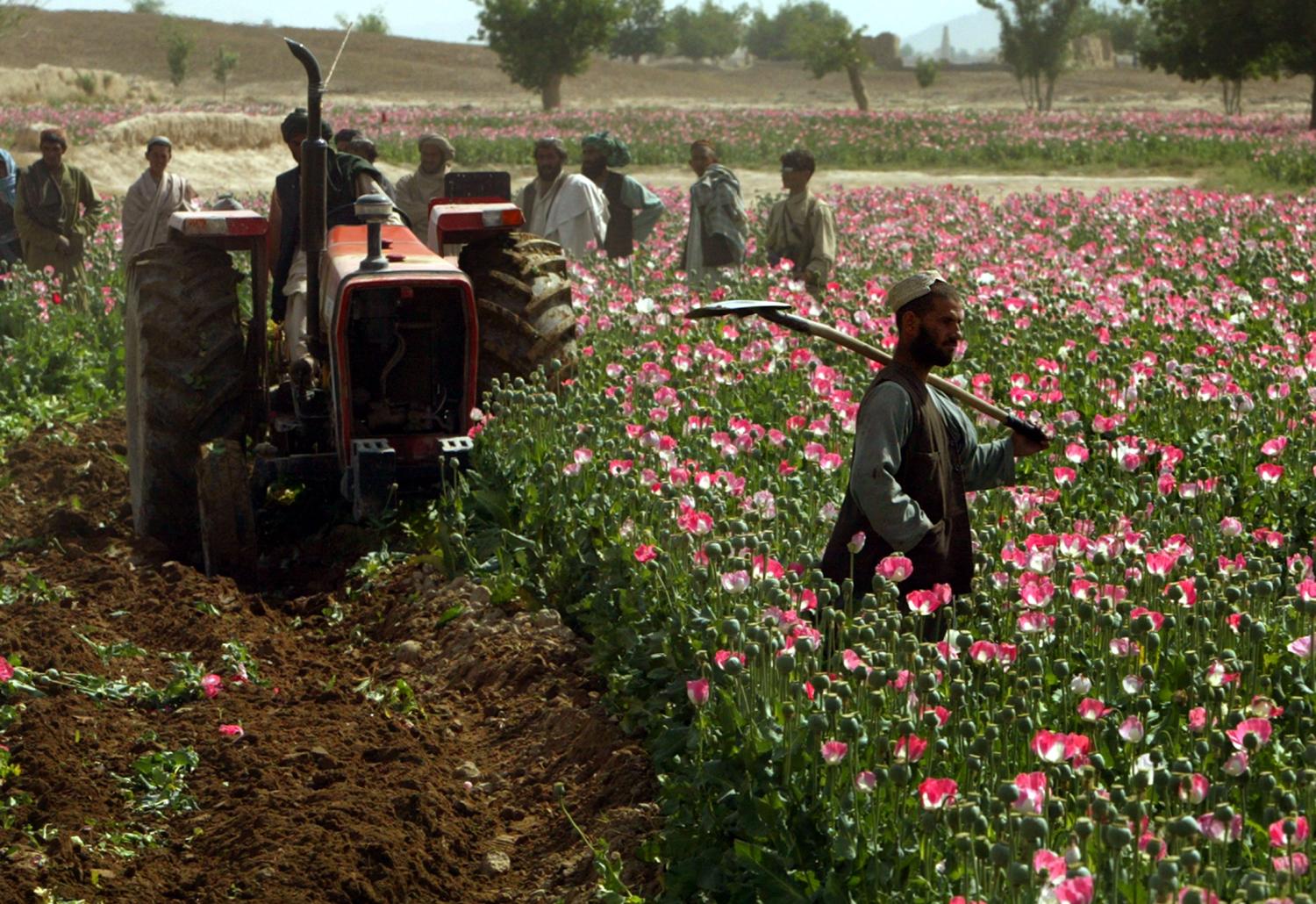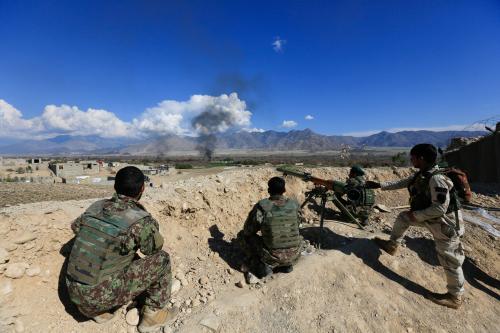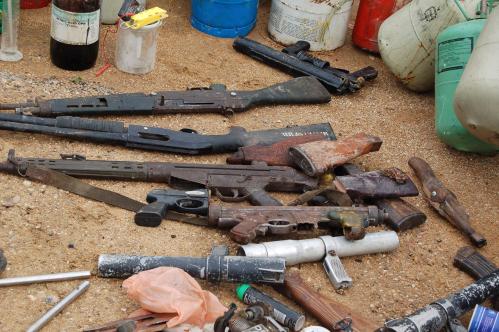In “The Hellish Road to Good Intentions,” a detailed report published by the United Nations University Centre for Policy Research’s Crime-Conflict Nexus Series in April 2017, Vanda Felbab-Brown provides policy prescriptions for how to act against illicit economies and organized crime during conflict and in the post-conflict phase, challenging much of the existing conventional wisdom on that matter. Acting against illicit economies and against predatory criminality need to be understood as profoundly political efforts, not as merely technical interventions and assistance to strengthen institutions and civil society. They are projects in reorganizing local political arrangements.
Although illicit economies and organized crime pose many threats to states and societies, they can also reinforce regime survival; and laissez faire policies toward the illicit economies and criminal groups can in some circumstances mitigate conflict. Inappropriate measures toward illegal economies and organized crime, with wrong sequencing, prioritization, and emphasis – such as suppressing labor-intensive illicit economies which are providing plentiful jobs to otherwise impoverished populations; or cracking down on transactional crimes instead of predatory crimes – can compound conflict dynamics, complicate transitions from war to peace, and weaken state-building efforts.
The need to differentiate labor-intensive and non-labor-intensive illicit economies and transactional crimes from predatory crimes is a central theme of this analysis. The international community in its anti-crime suppression efforts often focuses on transactional crimes like illegal drug cultivation and trafficking for a variety of reasons, including their transnational aspect and international visibility. Yet in the absence of legal livelihoods being provided, such as, for the poppy drug farmers in Afghanistan and Burma, suppression of the illegal activity often complicates conflict mitigation policies. This is particularly the case in the context of labor-intensive illicit economies. Under such circumstances, the sponsorship of illicit economies provides armed actors, such as insurgent groups, with political capital.
Meanwhile, predatory criminality, less visible abroad and at least in the short-term localized in its impacts, tends to delegitimize governments and political systems that cannot control it. Especially in post-conflict or regime transition settings, it often discredits the new political order and can fuel conflict dynamics. It can thus also critically jeopardize international state-building and reconstruction assistance efforts. Yet the international community has paid far less attention to combatting predatory criminality in post-conflict countries and in some cases, such as in Afghanistan, severely magnified its deleterious effects by embracing and empowering powerbrokers deeply implicated in such predatory criminality.
Felbab-Brown provides a detailed set of recommendations, including:
- Taking advantage of early windows of opportunity;
- Prioritizing disrupting the dangerous networks, such as those with the greatest links to international terrorist groups with global reach, those that are most rapacious and detrimental to society and the development of an equitable state, and those that most concentrate rents from illicit economies to a narrow clique;
- Limiting the role of warlords and their militias and criminal powerbrokers;
- Adopting a prioritized sequential approach against predatory criminality, pernicious powerbrokers, and corruption;
- Strengthening institutions and supporting civil society;
- Prioritizing measures against predatory criminality and non-labor-intensive illicit economies;
- Improving governance and reducing corruption;
- Cultivating robust local knowledge and intelligence;
- Emphasizing sustained engagement and oversight;
- Conditioning economic aid with sustainability in mind;
- Sticking to redlines and being specific about conditionality; and
- Thinking through second and third order effects.
This is part of a UNU-CPR Series on the Crime-Conflict Nexus. To access the full series, please click here.
This material has been funded by UK aid from the UK government; however the views expressed do not necessarily reflect the UK government’s official policies.
The Brookings Institution is committed to quality, independence, and impact.
We are supported by a diverse array of funders. In line with our values and policies, each Brookings publication represents the sole views of its author(s).







